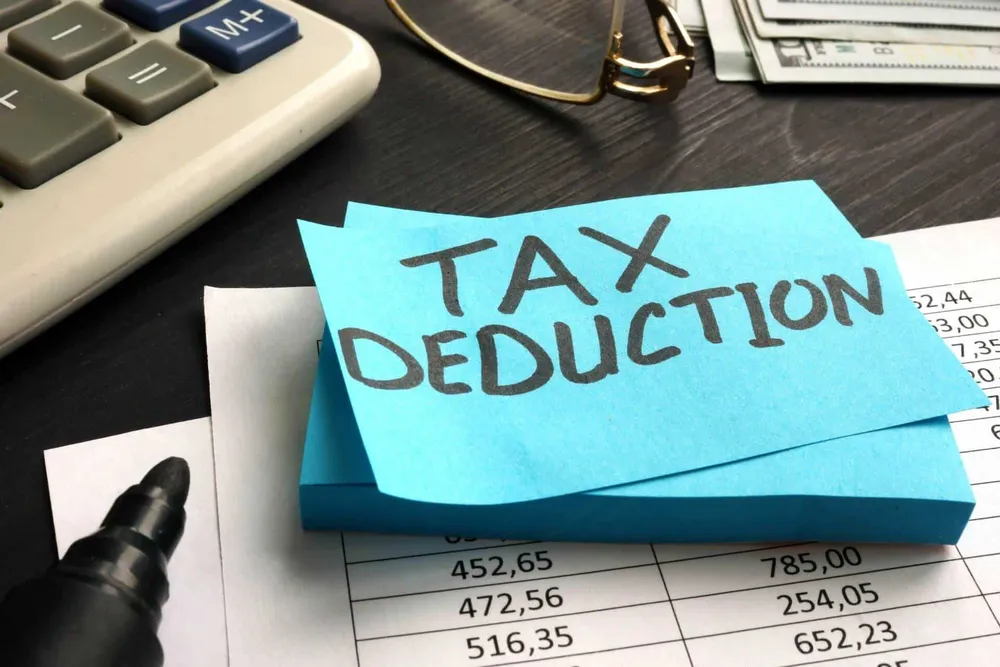
Among these measures, a proposed 2% reduction in the value-added tax (VAT) for the first half of 2024 and a 50% cut in environmental taxes on gasoline until the end of the following year are designed to stimulate consumer spending, support business recovery, and bolster overall economic growth.
Tax Relief Initiatives
Deputy Prime Minister Lê Minh Khái has approved the Ministry of Finance's recommendation to slash VAT by 2% for the initial six months of 2024. The Ministry of Finance has been tasked with promptly assembling the proposal for submission to the National Assembly. The National Assembly Standing Committee will then evaluate and make decisions between sessions, taking into account the prevailing economic and business conditions.
The Ministry of Finance's proposal outlines the VAT reduction from January 1, 2024, to June 30, 2024, and will apply to groups of goods and services subject to a 10% tax rate, effectively reducing it to 8%. Exemptions from this tax cut will include goods and services in sectors such as telecommunications, information technology, financial activities, banking, securities, insurance, real estate, metal production, manufacturing of prefabricated metal products, and the mining industry. The projected outcome of this 2% VAT reduction in the first half of 2024 is an estimated VND 25,000 billion reduction in state budget revenue.
In addition to the VAT reduction, the Ministry of Finance has extended an official request for feedback to ministries, branches, provincial and municipal People's Committees, and the Vietnam Confederation of Commerce and Industry (VCCI) regarding a resolution project that focuses on environmental protection tax rates for gasoline, oil, and lubricants. The Ministry of Finance proposes to continue the 50% reduction in environmental protection taxes on these items throughout 2024. The rationale behind this proposal is that petroleum is a crucial commodity and a primary input for various production industries, significantly impacting various sectors of the economy.
In response to these proposals, Lawyer Nguyễn Đức Nghĩa, Deputy Director of the SME Support Center at the Ho Chi Minh City Business Association, expressed strong support. The prevailing business environment in Vietnam is fraught with difficulties, marked by a volatile global economy and a lack of signs of export order recovery for the next year. Domestic production is grappling with numerous challenges, given consumers' ongoing belt-tightening habits, making tax reduction policies a welcomed prospect.
Notably, a 2% VAT reduction is regarded as essential. VAT is an indirect tax that is incorporated into the selling prices of products and services, and when reduced, it results in lower prices for goods and services. Consequently, this allows consumers to purchase more with the same income.
Businesses are also set to benefit from this initiative. Increased consumer spending will stimulate production and reduce capital outlays for VAT payments at various stages in the supply chain, including raw materials, fuel, and other input factors. This translates to significant savings for businesses, equivalent to approximately 2% of their total purchasing revenue, aligned with the reduced tax rate.
Strategies for a Stronger Economic Recovery
The proposed reduction of the value-added tax (VAT) by 2% for the first half of 2024 has been warmly welcomed by businesses seeking a lifeline amid the challenging global economic environment. However, some experts and business leaders advocate for an extension of this tax relief policy until the end of 2024, underscoring the need for more substantial and sustained measures to foster economic stability and recovery.
Lawyer Nguyễn Đức Nghĩa, Deputy Director of the SME Support Center at the Ho Chi Minh City Business Association, believes that while the reduction of VAT is a positive development, its applicability for only the first half of 2024 may fall short of what the businesses need. He emphasized that given the ongoing uncertainty surrounding the economic recovery, extending the 2% VAT reduction policy until the end of 2024 would enable businesses to formulate more stable business plans and gradually regain their financial health.
This viewpoint is rooted in the understanding that economic recovery can be an extended process, and businesses require longer-term support to thrive. In this vein, businesses are not just seeking tax relief in terms of duration but also looking to expand the range of goods eligible for this tax reduction. For example, items like electric cables present challenges for businesses in determining their eligibility for a 2% VAT reduction. Additionally, industries facing substantial difficulties, such as real estate, remain excluded from this policy. Some argue that the 2% reduction might not have a significant impact on consumers, particularly as they continue to tighten their spending habits, even during peak shopping seasons.
Expert Insights on Tax Policy
Associate Professor. Dr. Đinh Trọng Thịnh, an economic expert, offers a different perspective, suggesting that increasing the VAT reduction beyond 2% might be challenging, given the significant role VAT plays in the state budget's revenue and expenditure balance. Tax relief policies should strike a balance between supporting businesses and individuals while ensuring macroeconomic stability.
The initial six months of 2024 have been carefully considered to ensure responsible economic policymaking. If economic conditions remain challenging, an extension of the VAT reduction policy might be considered.
In addition to extending the VAT reduction, experts believe that it's crucial to revisit personal income tax (PIT) policies. These policies have become outdated and require adjustments to align with the evolving socio-economic situation. The most widely discussed adjustment is raising the family deduction level, which would stimulate economic recovery by putting more money in the hands of workers, who are key contributors to consumer spending.
These resonant policies, aimed at both businesses and individuals, would not only promote economic recovery but also serve as a strong motivator for the economy to regain its stability and vitality.




















